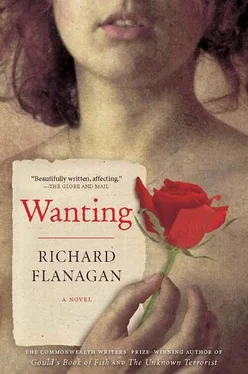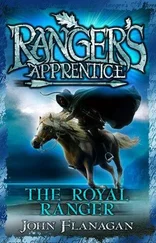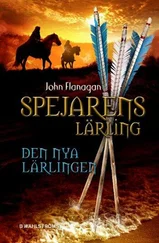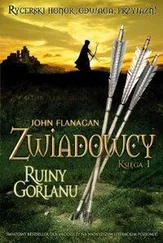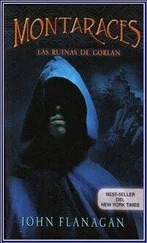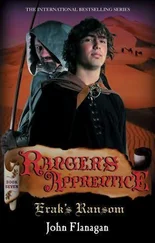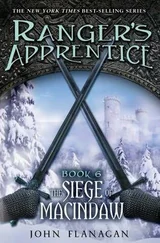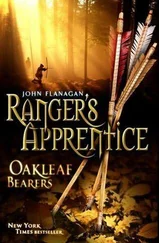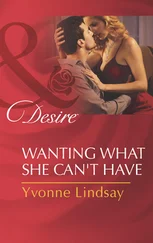‘It’s not her fault,’ he heard Katy say behind him, as he went to open the front door.
Startled from his reverie, he turned and looked at her. She was fifteen, a dark beauty and, like him, forceful and quick. He loved all his children, but only with Katy did he share an understanding. She spoke to him in a way no one else dared.
‘That Dora died. She was a baby. Maman did all she could.’
‘Of course,’ he said, as gently as he was able. ‘Of course it’s not your mother’s fault.’
‘Sir, the immortal flame of genius burns in his bosom,’ Wilkie Collins was saying to John Forster at the Garrick when Dickens, unseen by both men, arrived. They were discussing a scandal involving a well-known painter and two women.
Wilkie Collins had a very large head that teetered on a particularly small body, and the oddity of his looks was accentuated by a bulging left temple and a depressed right temple, so that viewed from one side he seemed a rather different man than when viewed from the other. Outside of an anatomist’s bottle, he was one of the queerest things Forster had ever seen. Forster did not like the way Dickens had in recent times taken rather a shine to this odd young man who was, Forster felt, usurping his own position as Dickens’ intimate.
‘The genius,’ continued Wilkie, ‘of English—’
‘Never mind,’ said Forster, ‘about his genius , Mr Collins.’ He said the word as though it were a protracted illness. ‘We don’t have genius in this country unless it is accompanied by respectability. And then, not to put too fine a point upon it, in a word, so to speak, we are very glad to have it—very glad indeed.’
‘My dear Mammoth,’ said Dickens, coming up behind the two men, placing one hand on Forster’s great shoulder before sitting down on the green Moroccan divan next to Wilkie. ‘How splendid to see both my fine friends together. Shall we share a sherry negus?’
But Forster was having neither sherry negus nor any of it, and, making some excuses, stood up and left. Dickens seemed unperturbed by his friend’s abrupt departure; it was, as he put it after, ‘part of the Mammoth’s glacial patrimony’. He went on to tell Wilkie about his meeting with Lady Jane Franklin.
‘I am rather strong on voyages and cannibalism,’ he said, finishing his story.
‘And ice?’ asked Wilkie.
‘Very strong on the ice,’ said Dickens, raising a hand to signal a waiter. ‘Blue as gin. Sometimes feel I’m shipwrecked there myself.’
Wilkie Collins’ nerves were still good; he was yet to invent the detective novel, to be celebrated by his age as one of the great novelists and thereafter forgotten, to have his health fail, to take so much opium to ward off the pain that he would come to believe he had a doppelgänger , the Ghost Wilkie. The world for Wilkie was a promise yet to fracture into phantoms, his eyes were yet to turn into bags of blood, and the great Dickens was a friend and mentor. He holidayed with Dickens, he played with Dickens, and he even worked for Dickens on the novelist’s magazine, Household Words . Life had yet to shape him and he continued to believe he shaped his own life. He was young, quick-witted and, moreover, agreeable to whatever was Dickens’ fancy, and when that fancy was periwinkling, Wilkie knew some of the finest halls and houses to frequent. But in this case he was at a loss to know how to agree or what to agree with.
‘All those fricassees of the famous beneath mountains of ice, great men meeting noble deaths—do you think it’s exactly your sort of story?’
‘And the kettles,’ said Dickens. ‘Don’t forget the kettles.’
‘But only a week ago you said you were about to embark on a new novel and weren’t to be burdened with any writing jobs that came between you and it.’
‘Well,’ said Dickens, ‘I’ve never claimed to be consistent. Besides, I’m weary, my dear Wilkie. I was three parts mad and one part delirious rushing at Hard Times .’
‘It brought Household Words good times,’ said Wilkie.
‘It left me all done in.’
Wilkie knew that Dickens’ magazine, in which his novels would first appear as serials, was more than a major source of income for the novelist. It also mattered that it, as with everything Dickens touched, was not just a success, but an ever greater success.
‘I am beyond a novel just now,’ Dickens was saying, ‘but I need some tale to help sell our Christmas edition of the magazine.’ And then, on seeing a bowed, beetle-like figure in a far corner, he brightened. ‘Why, it’s Douglas Jerrold—he’ll give us something.’
On being waved over, Jerrold, his bright eyes bluer than ever beneath huge eyebrows that sat over his sharp little face like watchful moths, was delighted to see Dickens but declined a drink, saying he had been somewhat off-colour the last few months. Instead, he told a short and funny story about sherry negus and Jane Austen’s brother, with whom he had served in the navy.
‘I read one of Austen’s once, I think,’ Dickens ruminated. ‘Who these days would read more?’
‘Macaulay,’ said Jerrold.
‘Precisely,’ said Dickens. ‘Unlike you, Douglas, she didn’t understand that what pulses hard and fast through us must be there in every sentence. That is why, since her death, she has suffered ever greater obscurity rather than growing popularity—and that is why I really must have you write something for our Christmas edition.’
‘If I could, Charlie, I would. But I’m busy with a new play and I couldn’t see my way clear to do anything for you till next spring.’
After Jerrold left, Dickens played with his large wedding ring, sliding it off, rolling it around his fingernail. Though he did not say it, something in his meeting with Lady Jane Franklin had resonated in an unexpected and as yet intangible way with him. He could not let it go. He slid the ring back on.
‘What do you think, Wilkie, if I did a little paper on Dr Rae’s report, taking the argument against its probabilities?’
At his home, Tavistock House, Dickens more closely studied The Illustrated London News . Outside, the London morning was almost as dark as night; inside, the hiss of his gas lights comforted him as he read Dr Rae’s account. So too, he concluded with relief, did the content. The man had no gift for story.
Dickens put the paper down, moved the bronze statuette of duelling frogs to the centre of his desk and set to work. He opened with some quick, telling jabs, and diverted for a moment to praise Dr Rae deftly, thereby eliminating the possibility of his article being construed as a personal attack.
Then, and only then, in the manner of the barristers he had reported on in his youth, Dickens began to sow doubt over every detail of Dr Rae’s account—from the utter impossibility of accurate translation from the Esquimau’s argot, to the very real possibility of multiple and even opposing interpretations arising from the savages’ vague gestures. He questioned the process of butchering and cooking up a fellow human. ‘ Would the little flame of the spirit-lamp the travellers may have had with them have sufficed for such a purpose? ’ he wrote.
Feeling better with the piece, with himself, with life, he halted, reread this last sentence, and then underlined the phrase may have had . The case was building, and he was now feeling words rushing his goose-quill along, leaving trails of ink, blue as ice, leading him and his readers to that strange and terrible world.
He turned to the inescapable matter of the mutilation of the bodies. ‘ Had there been no bears thereabout, to mutilate the bodies; no wolves, no foxes? ’ He didn’t answer his own rhetorical question—let the reader answer, he told himself, scurrying straight on to another telling blow.
Читать дальше
